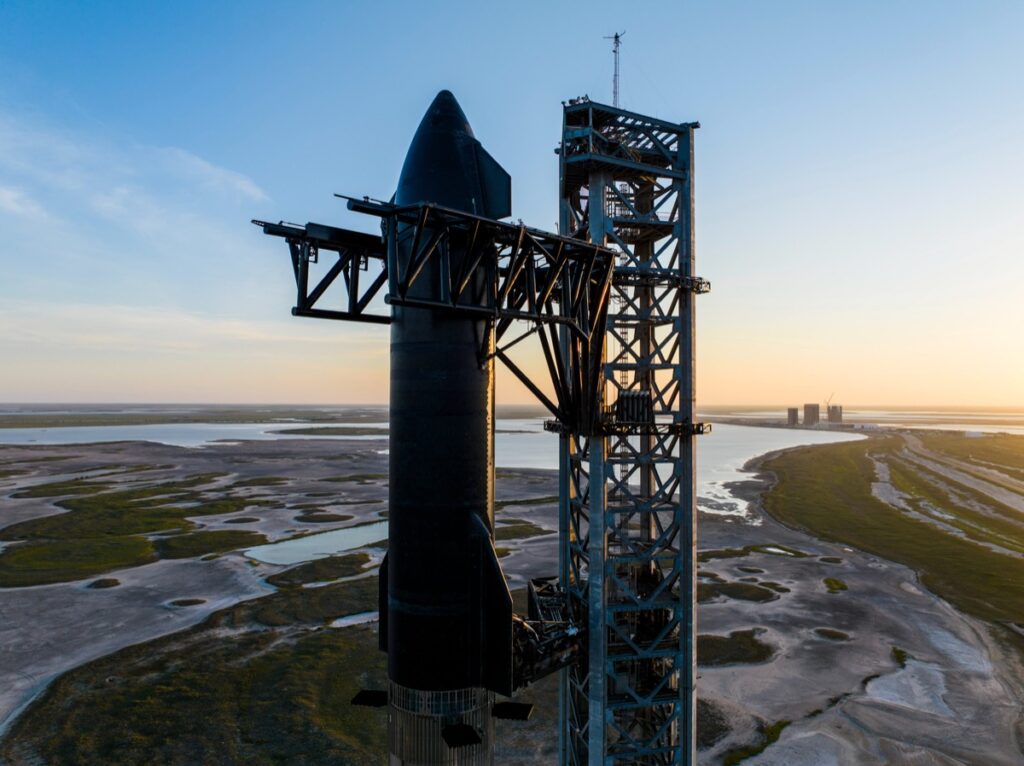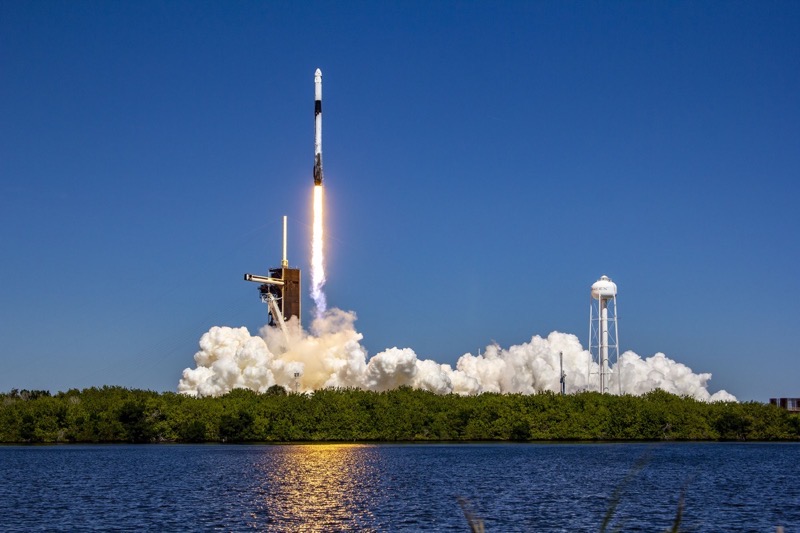
SpaceX Urges Extension of Ban on Human Commercial Spaceflight Rules
SpaceX is set to make a case before the US Congress on Wednesday for extending the nearly 20-year ban on safety regulations for commercial human spaceflight.
William Gerstenmaier, Vice President of Build and Flight Reliability at SpaceX, is scheduled to testify at a Senate subcommittee hearing on space and science. Representatives from Blue Origin and Virgin Galactic will also be present as witnesses.
“We want to keep moving as fast paced as we can. And we don’t want to be held up where we don’t need to be held up,” Gerstenmaier said in an interview with Bloomberg.
He argues that the Federal Aviation Administration (FAA) is already lagging in its oversight of the rapidly evolving rocket launch industry. SpaceX has launched 73 missions in 2023 alone, with its 74th planned for as early as Tuesday evening, a batch of Starlink satellites.
Gerstenmaier further stated that even under its current mandate, the FAA requires more staffing to fulfill its oversight responsibilities. “They’ve been supportive to us, but we think they’re just getting buried, and we just see them getting more and more busy in the future,” he added. The FAA has not yet responded to requests for comment.
Since 2004, a moratorium has been in place preventing the FAA from setting safety rules for spacecraft carrying humans to and from space. Passengers must acknowledge through an “informed consent” framework that the spacecraft is not government-certified. Supporters of the ban argue that the commercial space industry is still in a “learning period,” and premature regulations could hinder innovation.
The moratorium was initially set to expire on October 1 but was extended to January 1 as part of a stopgap measure to fund the federal government. It remains uncertain whether another extension will be granted.
SpaceX also plans to offer recommendations for expediting the FAA’s work, criticizing the current rules and regulations, particularly Part 450 of the FAA’s licensing procedure. “I think part of the 450 problem was we might have jumped to regulations too fast,” Gerstenmaier noted.
In July, the FAA announced plans to form a rulemaking committee to explore potential new safety standards once the moratorium ends. However, SpaceX prefers an extension of the ban while these potential regulations are under discussion.
“They have a tremendous amount of authority in today’s world,” said Gerstenmaier, referring to the FAA’s existing powers under the informed consent framework.


